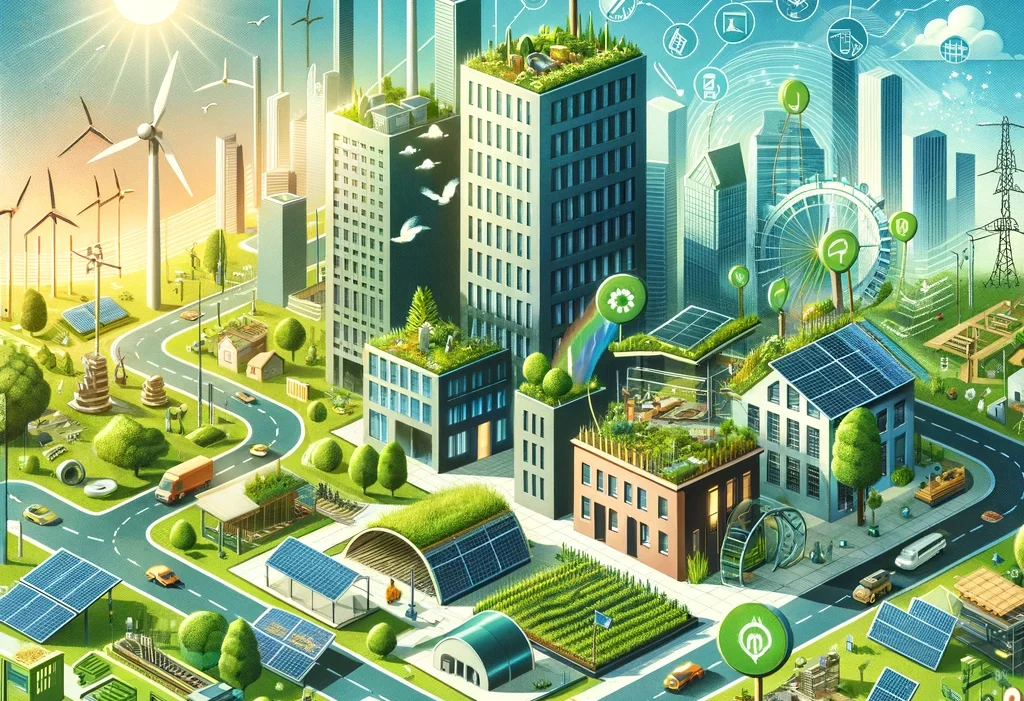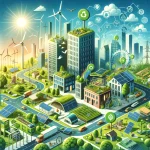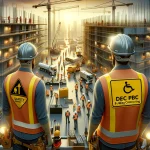In recent years, the construction industry has witnessed a significant shift towards sustainable practices driven by environmental concerns, regulatory requirements, and a growing awareness of the importance of reducing carbon footprints. As a leader in the field of engineering and construction, DECPBC recognizes the pivotal role of sustainable construction practices in shaping the future of the industry. In this blog post, we will explore the importance of sustainability in modern engineering projects and how DECPBC is championing eco-friendly initiatives.
The Need for Sustainability: With rapid urbanization and increasing infrastructure demands, the construction sector has a profound impact on the environment, including resource depletion, pollution, and habitat destruction. Sustainable construction practices aim to mitigate these negative effects by minimizing waste, conserving resources, and reducing environmental impacts throughout the project lifecycle.
DECPBC’s Approach to Sustainability: DECPBC is committed to integrating sustainability into every aspect of its operations, from project planning and design to construction and maintenance. Our approach to sustainable construction is guided by the principles of environmental stewardship, social responsibility, and economic viability. We prioritize the use of eco-friendly materials, energy-efficient technologies, and innovative construction methods to minimize environmental footprint and enhance long-term resilience.
Key Sustainable Practices:
- Green Building Design: DECPBC incorporates green building principles into its design process to optimize energy efficiency, maximize natural light, and promote indoor air quality. Our architects and engineers leverage advanced modeling software and sustainable building materials to create environmentally responsible structures that meet the highest standards of sustainability.
- Renewable Energy Integration: DECPBC integrates renewable energy sources such as solar, wind, and geothermal power into its construction projects to reduce reliance on fossil fuels and lower greenhouse gas emissions. By harnessing clean, renewable energy, we help our clients achieve their sustainability goals while reducing operating costs and carbon emissions.
- Waste Reduction and Recycling: DECPBC implements comprehensive waste management strategies to minimize construction waste and maximize recycling and reuse opportunities. Through careful planning, material selection, and onsite sorting, we divert a significant portion of construction waste from landfills, contributing to a more circular economy.
- Water Conservation Measures: DECPBC incorporates water-saving technologies and practices into its projects to minimize water consumption and protect precious freshwater resources. From rainwater harvesting systems to low-flow fixtures and irrigation controls, we implement innovative solutions to conserve water and promote sustainability.

Conclusion: As the global construction industry embraces sustainability as a core value, DECPBC remains at the forefront of this movement, pioneering innovative solutions and best practices to create a more sustainable built environment. By prioritizing environmental responsibility, social equity, and economic viability, we are not only building for today but also shaping a brighter, more sustainable future for generations to come.










